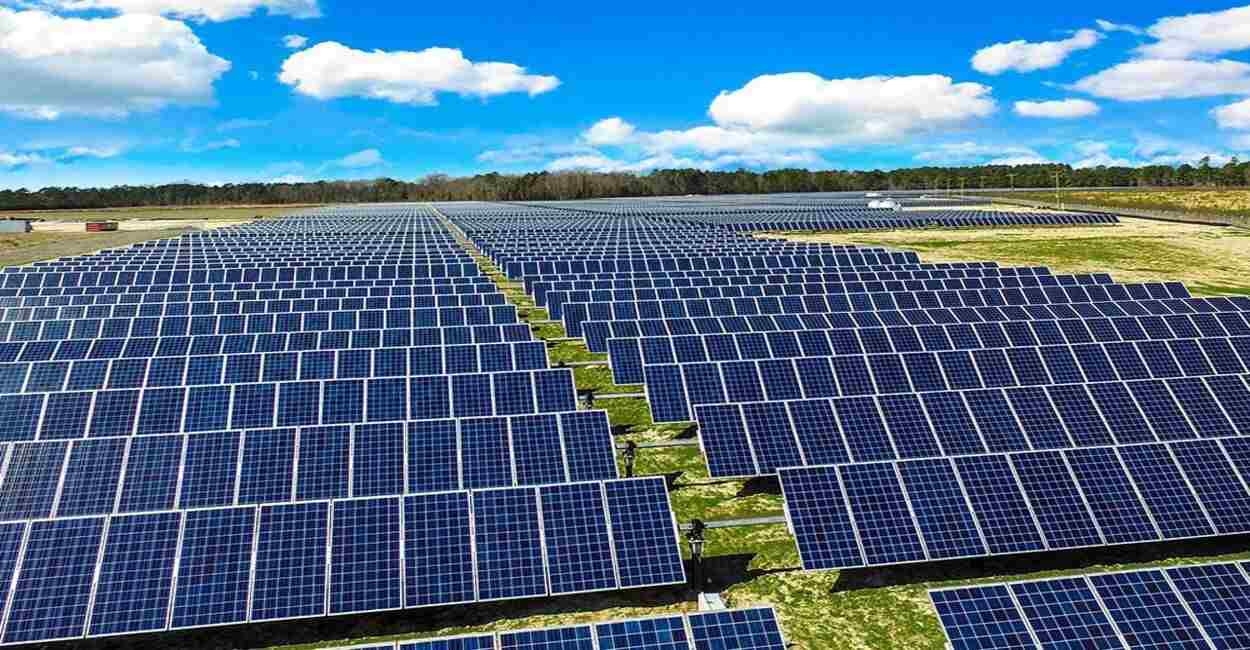Solar Energy 101: A Beginner's Guide to Sustainable Power Solutions
As the globe increasingly moves towards sustainable power services, comprehending the fundamentals of solar energy ends up being vital for both individuals and companies. This overview gives a complete summary of solar power, describing the numerous systems offered and the devices behind their operation. By checking out the benefits of solar modern technology, together with the economic motivations and installment processes, one can gain a more clear viewpoint on just how to effectively incorporate this renewable energy right into their power method. The journey toward taking on solar energy welcomes further assessment of the challenges and factors to consider that come with it.
Recognizing Solar Energy
At its core, recognizing solar energy entails grasping the essential principles of how sunlight can be transformed into useful electricity. Solar energy is acquired from the sun's radiation, which can be used with numerous modern technologies.

Recognizing solar power likewise includes acknowledging its ecological benefits. By using sunshine, we can alleviate greenhouse gas emissions and decrease air pollution, contributing to a much more sustainable future. The innovations in technology and performance of planetary systems continue to enhance their stability, making solar energy a significantly attractive choice for worldwide power needs.
Kinds of Solar Power Systems
Different sorts of solar power systems are generally used to harness solar power for electricity generation. The key classifications consist of solar (PV) systems, focusing solar energy (CSP) systems, and solar thermal systems.
Photovoltaic systems utilize photovoltaic panels composed of silicon cells that convert sunlight straight right into power. These systems are functional and can be installed on rooftops, ground mounts, or integrated into structure products.
Focusing Solar energy systems, on the various other hand, employ mirrors or lenses to concentrate sunlight onto a little area, generating heat that drives a vapor wind turbine to generate power - Simply Solar Illinois. CSP systems are commonly deployed in large nuclear power plant and need straight sunshine, making them less suitable for over cast areas

Each kind of solar power system has its special attributes, applications, and viability depending on geographic place, energy requirements, and budget plan, making it crucial to review choices based upon certain scenarios. - Simply Solar Illinois

Advantages of Solar Energy
Taking advantage of solar power via different systems not only offers a sustainable method to generate electrical energy but additionally uses a wide variety of benefits. Among the most substantial advantages is the decrease in greenhouse gas discharges, adding to a cleaner setting and combating environment change. Solar power is eco-friendly, implying it is inexhaustible and readily available as long as the sunlight beams, unlike nonrenewable fuel sources, which are finite and depleting.
In addition, solar power can lead to considerable cost financial savings over time. Home owners and services can lower their electricity bills substantially, and in a lot of cases, they might earn credits for excess power generated with web metering. In addition, the solar industry develops work, from producing to setup, promoting neighborhood economic climates.
An additional engaging benefit is power independence. By creating their very own power, people and neighborhoods can lower dependence on outside power sources, improving durability you could try here versus rising and fall energy prices and supply interruptions. Solar energy systems require very little upkeep, making them a hassle-free option for lasting power generation.
Setup Process Overview
The setup process for solar energy systems normally includes several essential actions that make sure effective integration into a building. Initially, a thorough website assessment is carried out to review the roof's orientation, shading, and architectural integrity, which are essential to optimizing solar panel efficiency. Following this analysis, the design stage begins, where a tailored solar power system is set up based upon the home owner's power needs and choices.
As soon as the style is completed, the needed authorizations news and approvals are obtained from local authorities, making certain conformity with guidelines. The real installment includes mounting the photovoltaic panels on the roofing system or ground, connecting them to an inverter, and integrating the system with the property's electrical setup. This stage may also involve installing battery storage systems, relying on the design.
After installment, an extensive evaluation is conducted to confirm the system's capability and safety and security. The system is commissioned, and homeowners are educated on its operation and upkeep. With the setup total, the solar energy system can begin creating sustainable power, adding to sustainability and minimizing utility prices. This organized method makes certain that solar systems are both efficient and dependable, maximizing their lasting advantages.
Financial Incentives and Cost Savings
Checking out the economic incentives and cost savings associated with solar energy systems can significantly boost the allure of making the switch to eco-friendly power. One of the most noteworthy incentives is the government solar tax debt, which permits homeowners to deduct a percent of their solar system installation expenses from their government taxes.
In addition to tax credits, numerous states provide discounts that can better decrease upfront expenses. Some energy business also supply performance-based rewards, rewarding solar power production over time. Financing alternatives, such as solar financings and leases, permit customers to install systems with see this little to no deposit, making solar energy much more available.

Additionally, solar systems can enhance residential property values, giving a strong return on investment. On the whole, the mix of rewards and savings makes solar energy an economically attractive selection for numerous families.
Conclusion
Finally, solar energy represents a vital element of lasting power options, providing a pathway toward minimized carbon impacts and enhanced environmental protection. The diverse sorts of solar power systems, combined with significant monetary motivations, assist in wider adoption among people and neighborhoods. Understanding the installation procedures and advantages linked with solar energy empowers stakeholders to make educated choices. Ultimately, the transition to solar power not just fosters eco-friendly duty yet likewise promotes financial financial savings and energy freedom.
 Alicia Silverstone Then & Now!
Alicia Silverstone Then & Now! Andrea Barber Then & Now!
Andrea Barber Then & Now! Michael Jordan Then & Now!
Michael Jordan Then & Now! David Faustino Then & Now!
David Faustino Then & Now! Kelly Le Brock Then & Now!
Kelly Le Brock Then & Now!